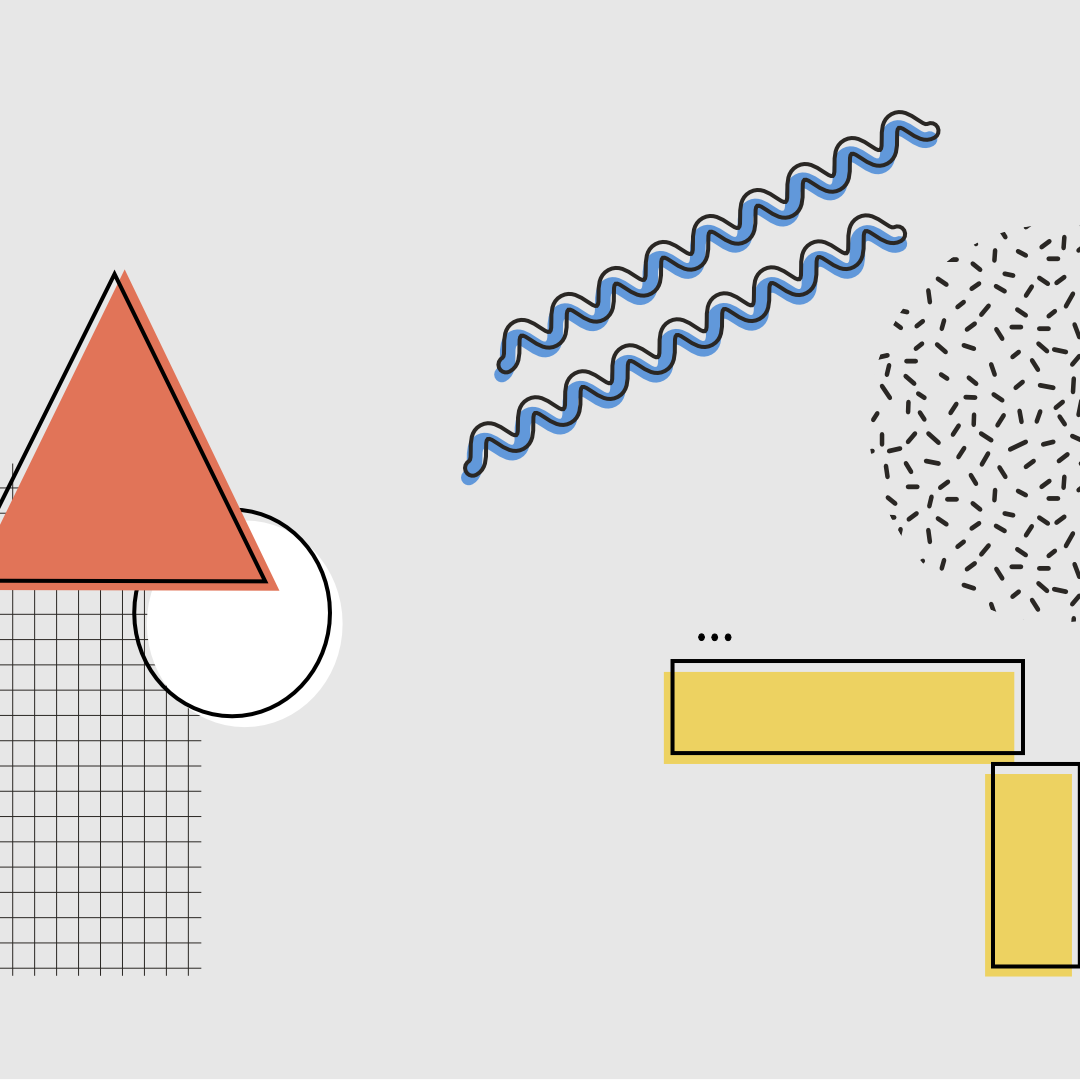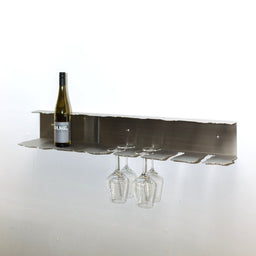
Bauhaus design is more than just a movement or style - it's a philosophy that has influenced art, design, and architecture for over a century. At its core, Bauhaus is about finding beauty in simplicity, and creating functional objects that are also visually appealing.
The origins of Bauhaus can be traced back to the aftermath of World War I, when many artists and designers were disillusioned with the traditional art world. They believed that art should serve a purpose beyond mere decoration, and that design should be accessible to everyone. This led to the founding of the Bauhaus school in Weimar, Germany in 1919, under the leadership of Walter Gropius.
At the Bauhaus school, students were taught to approach design from a holistic perspective, taking into account the materials, construction techniques, and intended use of an object. The goal was to create objects that were not only beautiful, but also efficient, durable, and affordable.
One of the key tenets of Bauhaus design is the principle of "form follows function." This means that the shape and style of an object should be dictated by its intended use, rather than arbitrary decoration. The result is a clean, modern aesthetic that is both timeless and functional.
Another defining characteristic of Bauhaus design is the use of new materials and technologies. Bauhaus designers embraced industrial materials like steel, glass, and concrete, and sought to use them in innovative ways. This led to the creation of iconic furniture pieces like Marcel Breuer's Wassily Chair, which used tubular steel in a new and unexpected way.
Despite its impact on modern design, Bauhaus was not without its controversies. The school was criticized by some for being too focused on function at the expense of aesthetics, and for failing to take into account the social and political implications of design.
Today, Bauhaus design remains popular among designers and consumers alike. Its influence can be seen in everything from minimalist furniture to sleek high-rise buildings. The principles of Bauhaus - simplicity, functionality, and innovation - continue to inspire designers to create objects that are both beautiful and useful.


